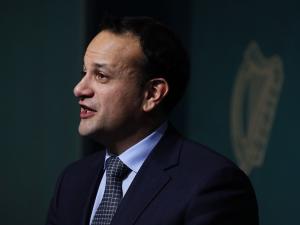
By Cate McCurry, PA
The Tanaiste has said that Ireland is rolling out the Covid-19 vaccine at a slower pace than other countries – but it will catch up.
The first coronavirus vaccine arrived in Ireland on St Stephen’s Day but people will have to wait for a number of days before the initial batch of 10,000 doses will be administered.
Leo Varadkar admitted he “wasn’t sure” why there is a delay, despite many other European countries beginning their vaccine programme on Sunday.
“I’m not 100% sure but I am told it takes a couple of days to organise things,” Mr Varadkar said.
“While you could have done a few people in the initial days, the authorities thought it was better to start on Wednesday and start it properly.”
Mr Varadkar said that the vaccine programme will begin in earnest this week.
However, HSE boss Paul Reid said plans are under way to start the vaccination process on Tuesday.
Mr Reid said that a small number of people will receive the vaccines in a number of hospitals.
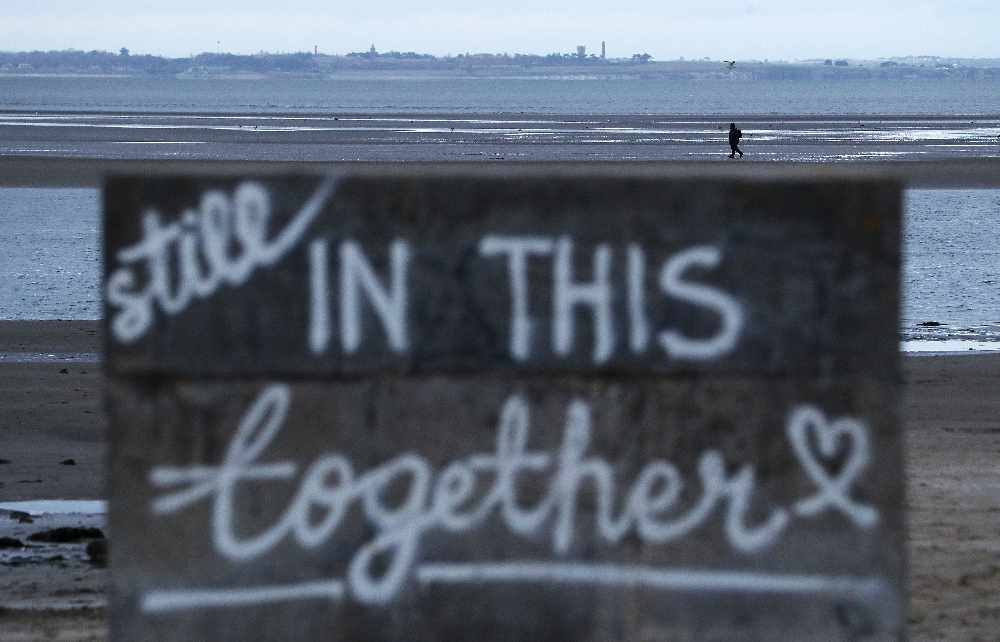
He added: “Priority and effectiveness is absolutely key for us. The intention is to start early next week. My expectation is we will get some vaccinations going on the 29th which would be on the Tuesday.
“Then our mobilisation starts with healthcare workers. Our concentration is to do this safely, effectively and roll it out across a three-week period to do all of our nursing homes in a full sweep, and then the following three weeks to do them the second time.
“It’s very strong and focused. We will start in four hospital locations and will be doing some elderly residents.
“There’s nobody who wants to get this done quicker than myself and the HSE.”
The Pfizer-BioNTech vaccine is the first to be approved for use in Ireland by the European Medicines Agency.
Around 40,000 doses of the vaccine will arrive in Ireland every week from the end of January.
Mr Varadkar said that people living in long-term care facilities, nursing homes and their staff will receive the vaccine first.
He told Newstalk: “I think we will have started a bit slower but catch up. We are part of the European system and get 1.11% of the vaccine and that’s in proportion with our population.
“We will start a little bit slower than other countries but we will catch up, I don’t see it as a race, I think it’s important that we do it right.
“We anticipate the Moderna vaccine will be approved on January 6, so that will bring additionality.
“There seems to be good chance that the AstraZeneca will by approved by the end of January and that’s particularly important because we have pre-ordered a huge number of them, more so than we did for Pfizer and that doesn’t require deep cold chain, that’s a more normal vaccine.”
Mr Varadkar that the Covid-19 virus is “making a fool” of Government plans.
He admitted that Ireland’s six-week lockdown did not work to the extent they had hoped.
“We took the decision on December 1 and we all thought we would get as far as January,” he added.
“The six-week lockdown didn’t work to the extent we hoped it would.
“What is true is that nobody anticipated that the numbers would rise so quickly.”
Mr Varadkar also said he could not see mass gatherings happening until the summer.
“I don’t think we will be getting rid of restrictions permanently in February or March. Restrictions such as mass gatherings – I don’t see them happening until the summer at earliest.”
Earlier on Sunday Mr Reid warned about the “alarming” numbers of people being tested for Covid-19.
He tweeted: “Testing and tracing volumes now at alarming levels.
“Our highest daily tests now at 23,000.
“Community positivity reaching 10%. Close contacts averaging at five people.
“Tracing calls gone from less than 10K to now over 3OK per week.
“Please review New Year plans to keep safe.”
The State entered its third lockdown on Christmas Eve as a range of restrictions were introduced.
Bars, restaurants, hairdressers and beauty salons have shut in a bid to stifle the spread of coronavirus.


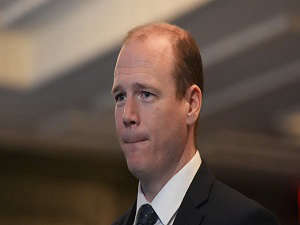 Gordon Lyons to attend first GAA match as Stormont Communities Minister
Gordon Lyons to attend first GAA match as Stormont Communities Minister
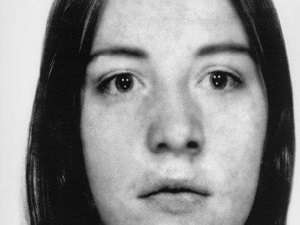 Fresh appeal over 1973 murder of 18-year-old whose body was found in quarry
Fresh appeal over 1973 murder of 18-year-old whose body was found in quarry
 Kneecap say terror charge is ‘carnival of distraction’ and ‘political policing’
Kneecap say terror charge is ‘carnival of distraction’ and ‘political policing’
 Woman assaulted while jogging in West Belfast
Woman assaulted while jogging in West Belfast
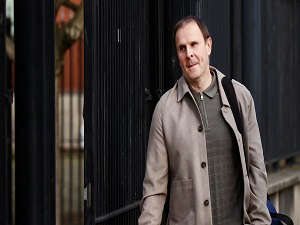 Leading loyalist Winston Irvine sentenced to 30 months for firearms offences
Leading loyalist Winston Irvine sentenced to 30 months for firearms offences